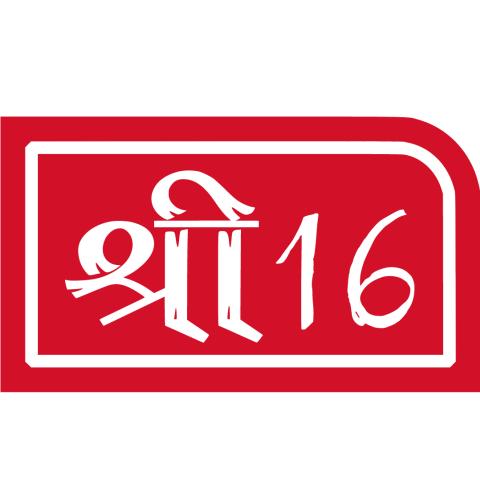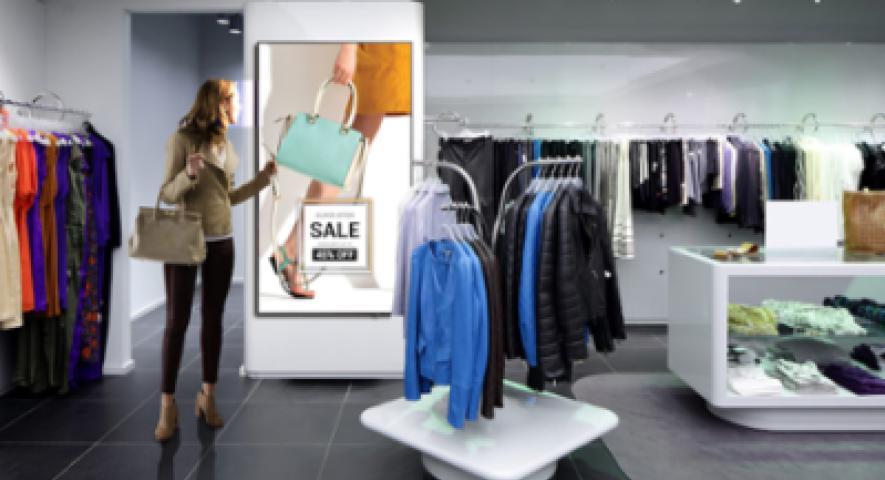The modern workplace is undergoing a rapid transformation, with technology at its core. Meeting room solutions are now crucial in transforming what was once a static space for discussions into a dynamic hub for collaboration, innovation, and productivity. To harness the full potential of this critical environment, businesses must invest in sophisticated meeting room solutions. This comprehensive guide will delve into the intricacies of designing, implementing, and managing state-of-the-art meeting rooms that cater to diverse organisational needs
Understanding the Modern Meeting Room Solutions
Before embarking on the journey of creating a modern meeting room solution, it’s essential to grasp the evolving dynamics of workplace collaboration. The ideal meeting room today must accommodate a spectrum of interaction >
Key Considerations for a Modern Meeting Room Solutions
- Flexibility: The ability to adapt to various meeting formats, from small brainstorming sessions to large-scale conferences.
- Inclusivity: Ensuring that all participants, regardless of location, can contribute effectively.
- Technology Integration: Seamlessly blending hardware and software for optimal functionality.
- User Experience: Prioritising intuitive interfaces and ease of use.
- Analytics: Measuring meeting room utilisation and effectiveness to inform future improvements.
Core Components of a Modern Meeting Room Solutions
1. Display Technology
LED/LCD Displays
- Types: Direct view LED, LCD panels, and video walls.
- Features: High-resolution displays, touchscreens, anti-glare coatings, and built-in speakers.
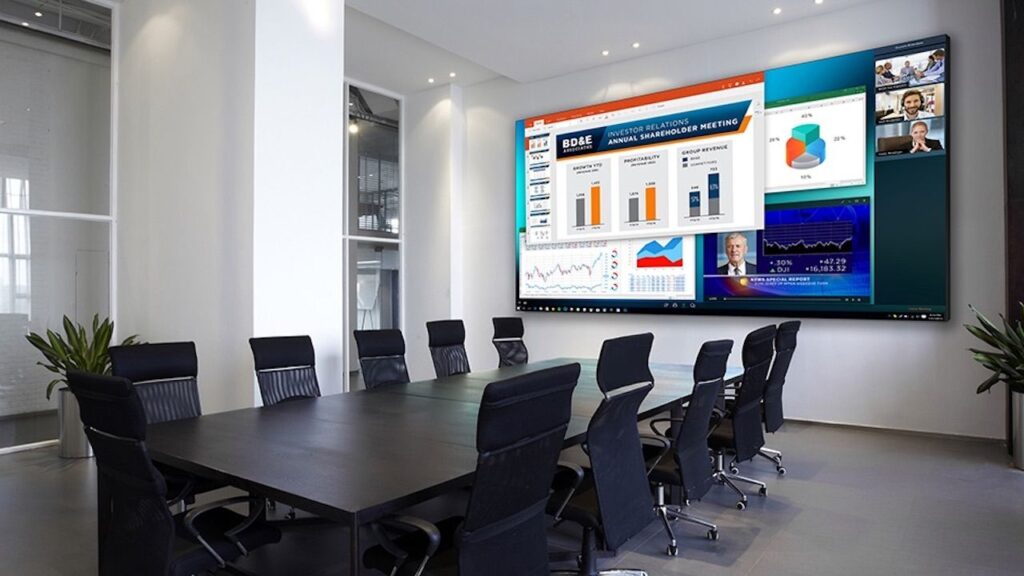
LED Screen For Meeting Room
LED and LCD displays are the cornerstone of modern meeting room solutions. These high-resolution displays offer excellent image quality and versatility. When selecting displays, consider factors like size, aspect ratio, and brightness. Direct view LED displays provide vibrant colors and high contrast, making them ideal for large rooms. LCD panels are more common due to their cost-effectiveness and high-quality image reproduction. Video walls, composed of multiple LCD or LED panels, are perfect for creating large, seamless displays.
Projectors
- Types: DLP, LCD, and laser projectors.
- Features: High brightness, contrast ratio, and short throw distance.
Projectors are ideal for large spaces or when flexibility in screen size is required. Digital Light Processing (DLP) projectors offer high contrast ratios and are less susceptible to motion blur. LCD projectors provide vivid colors and sharp images. Laser projectors, known for their long lifespan and consistent brightness, are becoming increasingly popular.
Interactive Flat Panel Displays
- Types: Standalone, integrated, and cloud-based whiteboards.
- Features: Touch sensitivity, annotation tools, and screen sharing.
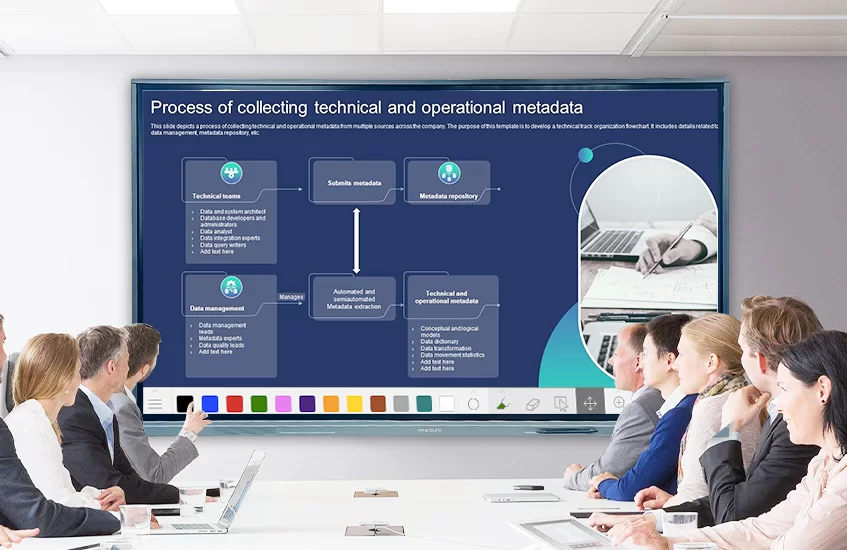
Interactive Flat Panel Display For Meeting Room
Interactive panels combine the functionality of a traditional whiteboard with digital capabilities. They support touch sensitivity, allowing users to write, draw, and interact with content directly on the board. Annotation tools enable participants to highlight and comment on shared content. Cloud-based whiteboards facilitate remote collaboration by allowing multiple users to contribute in real time.
2. Audio Systems
Microphones
- Types: Ceiling, table-top, handheld, and lapel microphones.
- Features: Noise cancellation, beamforming technology, and wireless connectivity.
Clear audio capture is essential for effective communication. Ceiling microphones are unobtrusive and provide even coverage across the room. Table-top microphones are ideal for smaller spaces and can be easily moved. Handheld and lapel microphones offer flexibility for presenters. Advanced features like noise cancellation and beamforming technology enhance audio quality by filtering out background noise and focusing on the speaker’s voice.
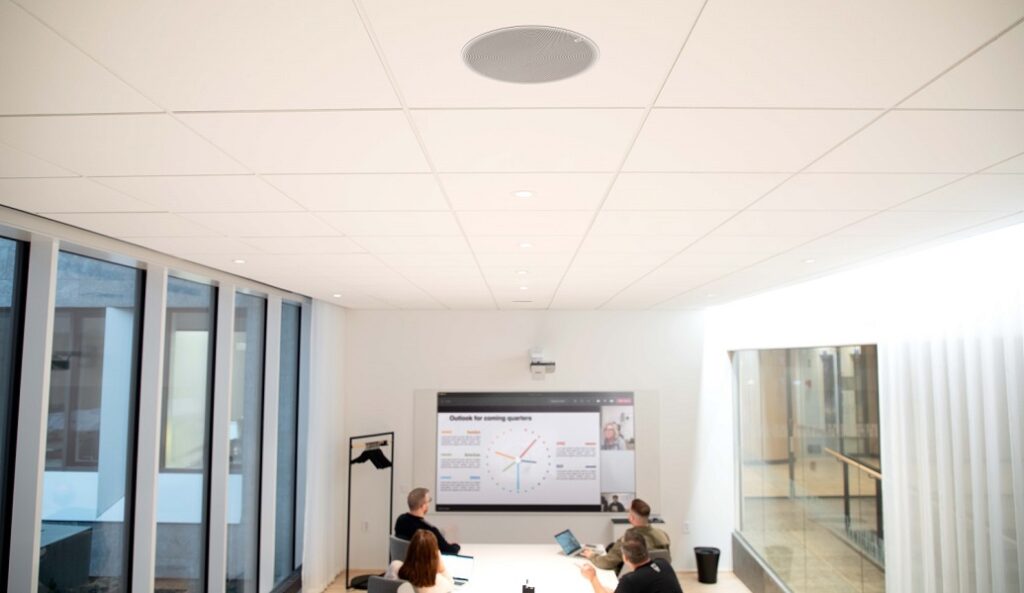
Meeting Room Setup With Ceiling Speakers & Mic
Speakers
- Types: Ceiling, wall-mounted, and standalone speakers.
- Features: Wide frequency response, even sound distribution, and integration with audio conferencing systems.
High-quality speakers ensure that audio is clearly heard by all participants. Ceiling speakers distribute sound evenly and are aesthetically pleasing. Wall-mounted speakers are suitable for rooms with limited floor space. Standalone speakers offer flexibility and can be positioned as needed. Integration with audio conferencing systems ensures seamless communication with remote participants.
Audio Conferencing Systems
- Types: Cloud-based, on-premise, and hybrid solutions.
- Features: Noise reduction, echo cancellation, and automatic gain control.
Audio conferencing systems enable seamless communication with remote participants. Cloud-based solutions offer flexibility and scalability, while on-premise systems provide greater control over data security. Hybrid solutions combine the benefits of both. Key features like noise reduction, echo cancellation, and automatic gain control enhance audio quality and ensure clear communication.
3. Video Conferencing Equipment
Cameras
- Types: PTZ, fixed, and panoramic cameras.
- Features: Wide field of view, autofocus, and low-light performance.
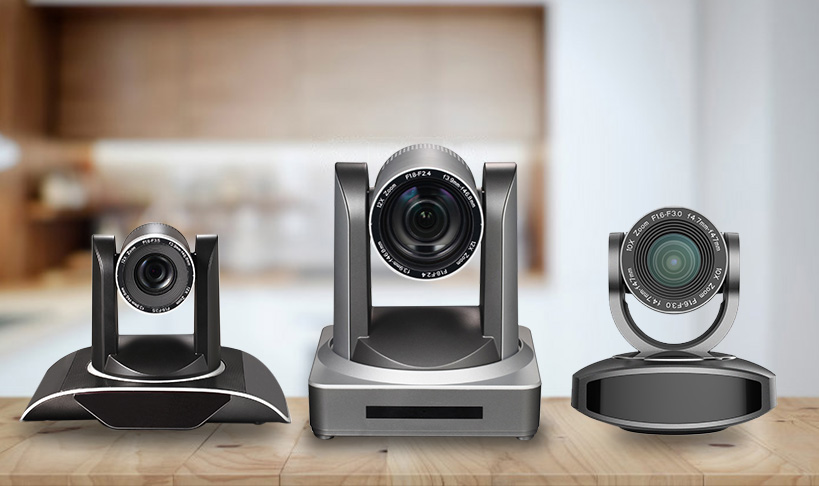
PTZ Cameras For Meeting Room Solution
High-quality video is crucial for effective virtual meetings. Pan-Tilt-Zoom (PTZ) cameras offer flexibility by allowing remote control of the camera’s position and zoom. Fixed cameras provide a consistent view and are easy to set up. Panoramic cameras capture a wide field of view, making them ideal for large meeting rooms. Features like autofocus and low-light performance ensure clear video in various lighting conditions.
Video Conferencing Platforms
- Types: Cloud-based, on-premise, and hybrid platforms.
- Features: Screen sharing, whiteboarding, and real-time collaboration tools.
Video conferencing platforms provide the software infrastructure for virtual meetings. Cloud-based platforms offer accessibility from anywhere and are easy to scale. On-premise solutions provide greater control over data security and integration with existing systems. Hybrid platforms combine the benefits of both. Features like screen sharing, whiteboarding, and real-time collaboration tools enhance the meeting experience.
4. Control Systems
Control Panels
- Types: Touchscreens, keypads, and remote controls.
- Features: Customizable layouts, one-touch presets, and integration with other systems.
Control panels simplify room management with user-friendly interfaces. Touchscreens offer intuitive control and customizable layouts, allowing users to quickly access the functions they need. Keypads provide a simple, reliable interface for basic controls. Remote controls offer flexibility and convenience. Integration with other systems, such as lighting and HVAC, allows for seamless operation.
Room Scheduling Systems
- Types: Cloud-based, on-premise, and hybrid solutions.
- Features: Real-time availability, booking notifications, and integration with calendars.
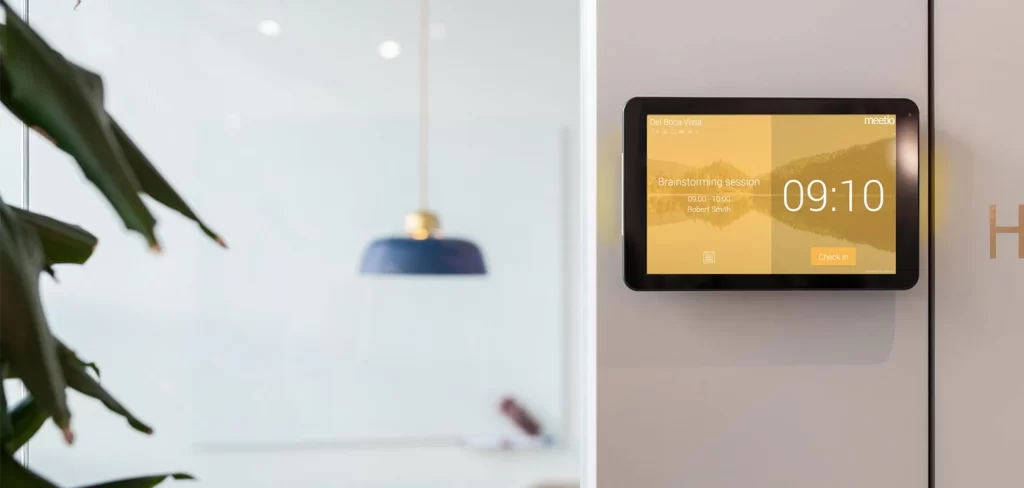
Room Scheduling Systems For Meeting Room
Room scheduling systems optimise room utilisation and booking. Cloud-based solutions offer accessibility from anywhere and easy integration with other tools. On-premise systems provide greater control over data security. Hybrid solutions combine the benefits of both. Key features include real-time availability, booking notifications, and integration with calendars, ensuring that meeting rooms are used efficiently.
5. Computing and Connectivity
Room PCs or Laptops
- Considerations: Processing power, storage capacity, and operating system compatibility.
Room PCs or laptops provide the computing power needed for presentations and applications. When selecting these devices, consider factors like processing power, storage capacity, and compatibility with the operating systems used in your organisation. Ensure that the devices can handle the demands of video conferencing, content sharing, and other meeting activities.
Wireless Presentation Systems
- Types: Screen mirroring, wireless dongles, and cloud-based solutions.
- Features: Secure connections, high-definition video, and multiple device support.
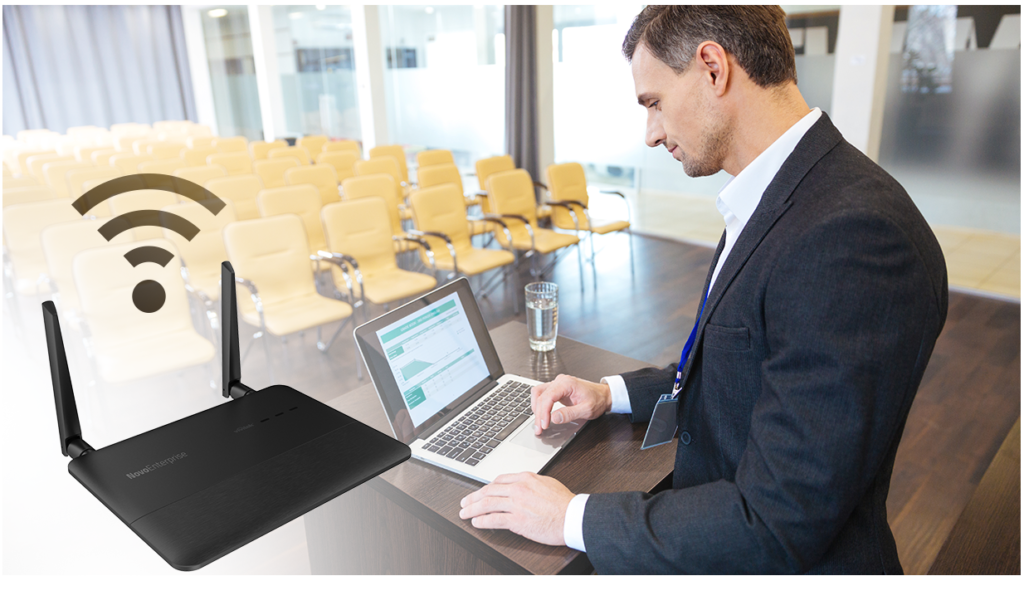
Wireless Connectivity Setup For Meeting Room
Wireless presentation systems enable easy content sharing from personal devices. Screen mirroring allows users to display their screens on the meeting room display without the need for cables. Wireless dongles offer a simple, plug-and-play solution for presentations. Cloud-based solutions provide flexibility and remote access. Key features include secure connections, high-definition video, and support for multiple devices.
Networking Infrastructure
- Components: Wi-Fi access points, network switches, and cables.
- Features: High-speed internet access, network security, and redundancy.
Reliable connectivity is essential for a modern meeting room solutions. Ensure that your networking infrastructure includes high-quality Wi-Fi access points, network switches, and cables. High-speed internet access is crucial for video conferencing and other online activities. Network security measures, such as firewalls and encryption, protect sensitive data. Redundancy ensures that the network remains operational even in the event of a failure.
Designing the Ideal Meeting Room Experience
Creating a truly exceptional meeting room solutions involves more than simply installing the latest technology. It requires a holistic approach that considers user needs, aesthetics, and ergonomics.
Key Design Principles
- Flexibility: Accommodate various meeting formats and seating arrangements. Design the space to be easily reconfigurable, allowing for different types of meetings, from small team huddles to large presentations.
- Acoustics: Optimise sound quality with soundproofing materials and acoustic treatments. Use materials that absorb sound and reduce echo, ensuring clear audio for all participants.
- Lighting: Create the appropriate atmosphere with adjustable lighting options. Use a combination of natural and artificial lighting to reduce eye strain and enhance focus. Adjustable lighting allows you to set the right mood for different types of meetings.
- Ergonomics: Provide comfortable seating and workstations. Choose ergonomic furniture that supports good posture and reduces fatigue, improving participant comfort and productivity.
- Aesthetics: Enhance the visual appeal of the space with modern design elements. Use colors, textures, and décor that reflect the organisation’s brand and create a welcoming environment.
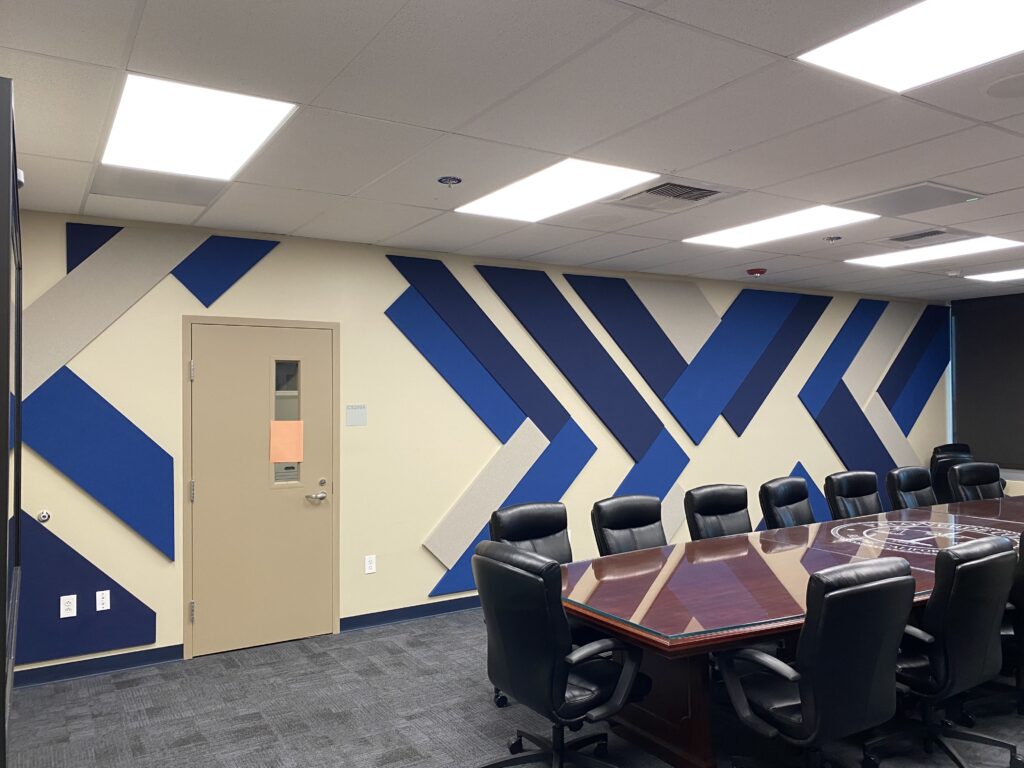
Sound Proof Wall Acoustics with Aesthetic Design
Implementing and Managing Meeting Room Solutions
Successful implementation and management of meeting room solutions require careful planning and execution.
Implementation Steps
- Needs Assessment: Identify the specific requirements of the organisation and its users. Conduct surveys and interviews to understand the needs and preferences of the meeting room users.
- Technology Selection: Choose the right equipment and software based on needs and budget. Evaluate different options and select solutions that meet the identified requirements and fit within the budget.
- Room Design: Create a functional and visually appealing space.
- Installation: Ensure proper installation and configuration of all components.
- User Training: Provide comprehensive training to maximise user adoption.
Ongoing management:
- Maintenance: Regularly inspect and maintain equipment to prevent failures.
- Updates: Keep software and firmware up-to-date for security and performance.
- Support: Offer technical assistance to users.
- Analytics: Monitor meeting room usage and performance to identify areas for improvement.
The Future of Meeting Room Solutions
The evolution of meeting room technology is ongoing, with new innovations emerging constantly.
Emerging Trends for High-Tech Meeting Room Solutions
- Artificial Intelligence: Enhancing meeting experiences through intelligent assistants and automation.
- Virtual and Augmented Reality: Creating immersive and interactive meeting environments.
- Biometrics: Improving security and user authentication.
- Sustainability: Incorporating eco-friendly materials and energy-efficient technologies.

